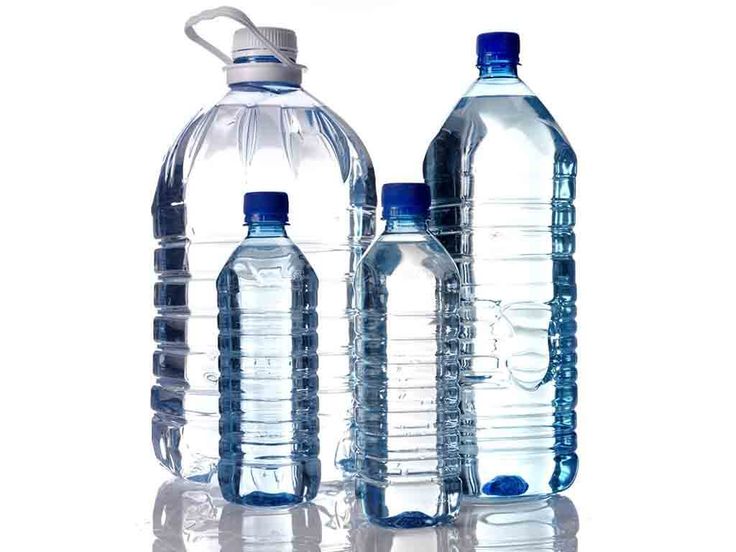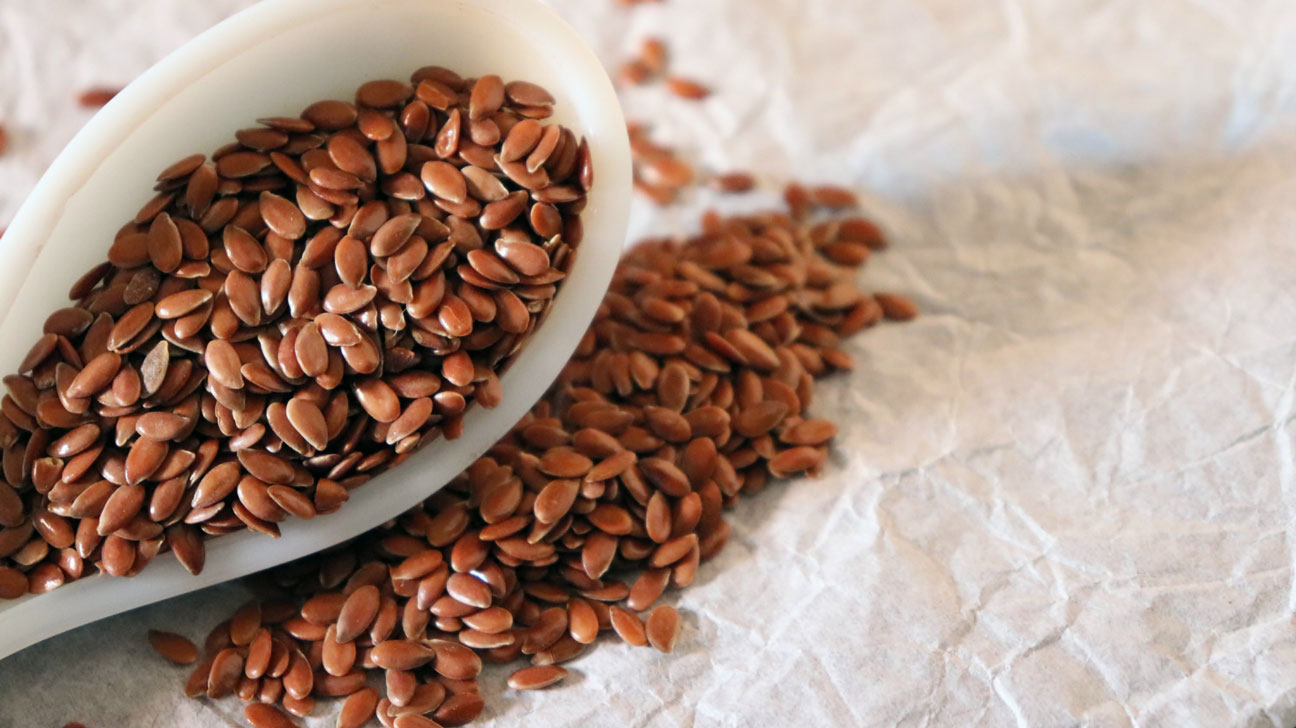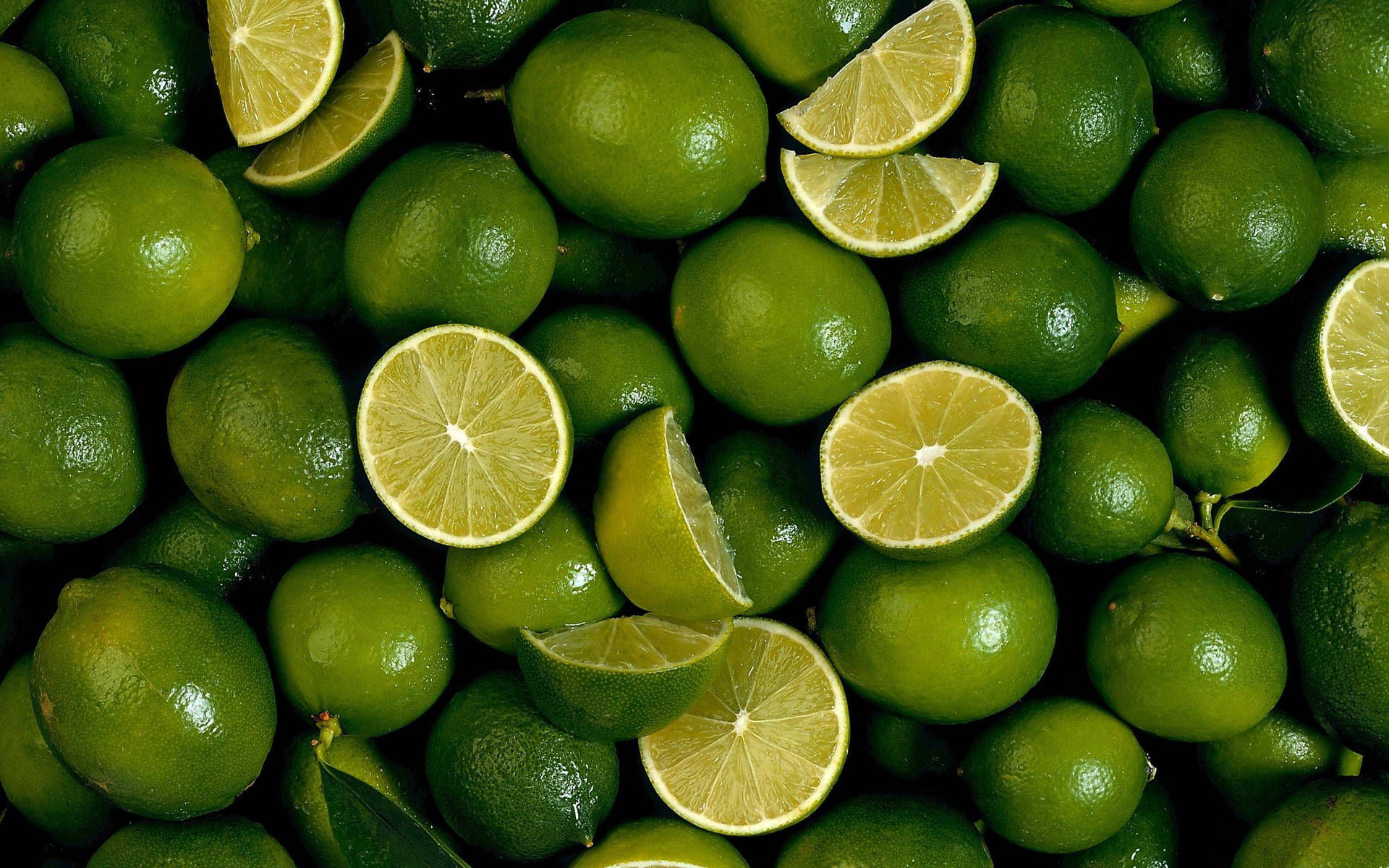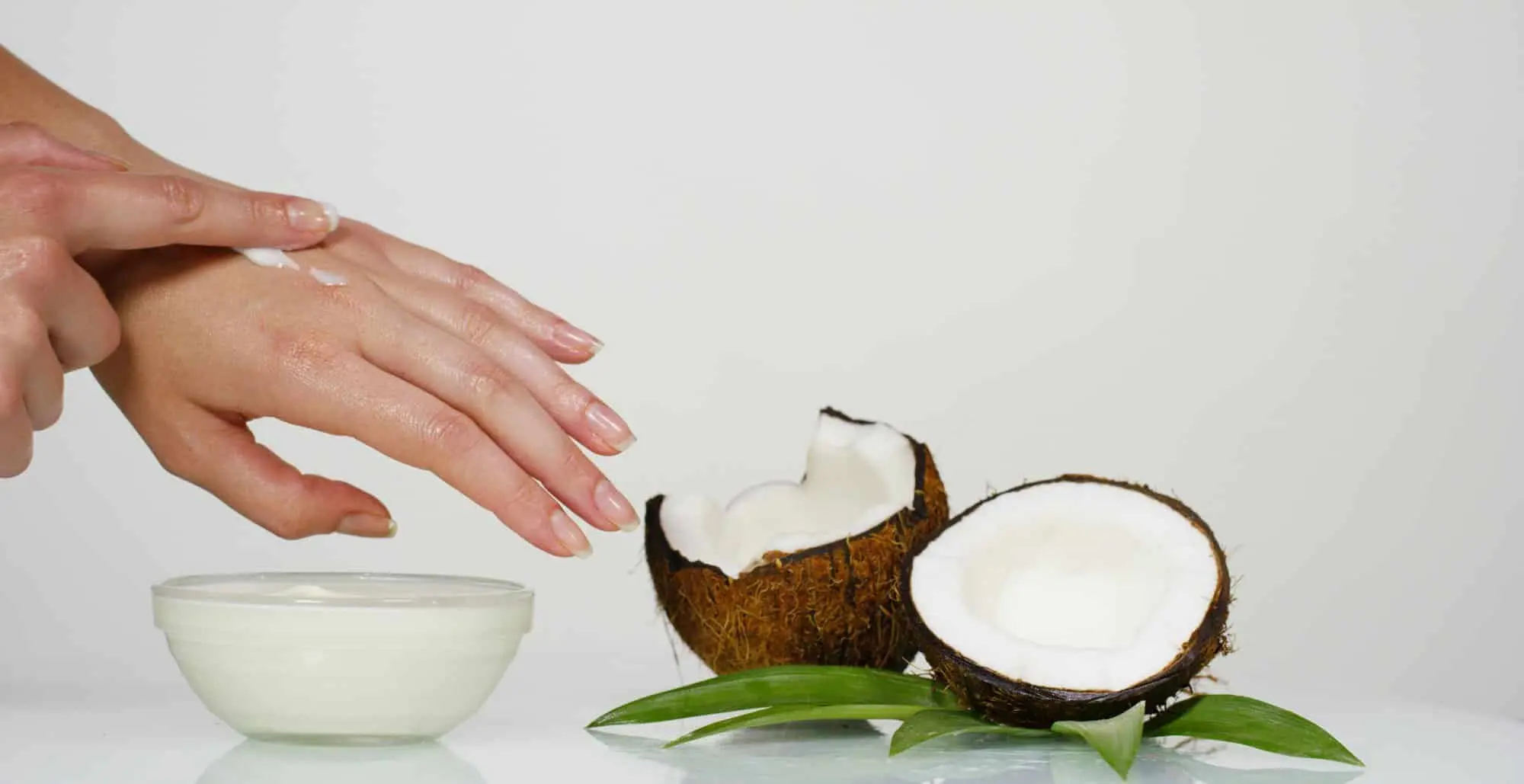Importance of Hydration
Water makes up a significant portion of the human body and is vital for maintaining overall health and functioning. Adequate hydration supports:
Fluid Balance
Helps maintain the balance of bodily fluids, necessary for proper hydration and optimal function of cells and organs.
Temperature Regulation
Sweat helps regulate body temperature, preventing overheating during physical activity or in hot environments.
Digestion and Nutrient Absorption
Water aids in the breakdown of food and the absorption of nutrients in the digestive system.
Joint Lubrication
Hydration helps lubricate joints, reducing friction and supporting smooth movement.
Recommended Daily Water Intake
The Institute of Medicine (IOM) provides general guidelines for daily water intake, suggesting:
Men
Approximately 3.7 liters (or about 13 cups) of total water per day, including fluids from beverages and foods.
Women
Approximately 2.7 liters (or about 9 cups) of total water per day, including fluids from beverages and foods.
However, individual water needs can vary based on factors such as age, weight, activity level, climate, and overall health.
Benefits of Drinking 3 Liters of Water per Day
Enhanced Hydration
Consuming adequate water helps maintain hydration levels, supporting optimal bodily functions and overall well-being.
Improved Physical Performance
Staying hydrated is crucial for athletic performance, as dehydration can lead to fatigue, reduced endurance, and impaired cognitive function.
Weight Management
Drinking water before meals can help promote feelings of fullness, potentially reducing calorie intake and supporting weight management efforts.
Detoxification
Adequate hydration supports kidney function and helps flush toxins and waste products from the body, promoting detoxification.
Skin Health
Proper hydration can improve skin elasticity, texture, and appearance, reducing the risk of dryness, wrinkles, and other skin issues.
Digestive Health
Water aids in the digestion and absorption of nutrients, helps prevent constipation, and supports overall gastrointestinal health.
Potential Downsides of Drinking 3 Liters of Water per Day
Hyponatremia
Drinking excessive amounts of water without adequate electrolyte intake can dilute sodium levels in the blood, leading to a condition known as hyponatremia, which can be dangerous.
Increased Urination
Drinking large volumes of water may lead to frequent urination, disrupting daily activities and sleep patterns.
Electrolyte Imbalance
Excessive water intake can disrupt electrolyte balance, leading to imbalances in sodium, potassium, and other essential minerals.
Kidney Strain
Drinking too much water can put strain on the kidneys, potentially leading to decreased kidney function over time.
Reduced Appetite
Overhydration can suppress appetite, leading to decreased food intake and potential nutrient deficiencies.
Potential Health Conditions
Individuals with certain health conditions such as kidney disease, heart failure, or liver disease may need to limit fluid intake to prevent complications.
How to Stay Hydrated Safely
To maintain optimal hydration levels without overdoing it, consider the following tips:
Listen to Your Body
Drink water when you feel thirsty and pay attention to your body’s signals for hydration.
Monitor Urine Color
Aim for pale yellow urine, which indicates adequate hydration. Dark yellow or amber-colored urine may signal dehydration.
Balance Fluid Intake
Include a variety of fluids in your diet, including water, herbal tea, and hydrating foods like fruits and vegetables.
Consider Electrolytes
If engaging in prolonged or intense physical activity, consider replenishing electrolytes lost through sweat with sports drinks or electrolyte supplements.
Adjust for Individual Needs
Factors such as age, weight, activity level, and climate can influence fluid needs. Adjust your water intake accordingly.
FAQs about Drinking 3 Liters of Water per Day
Can drinking too much water be harmful?
Yes, excessive water intake can lead to hyponatremia, electrolyte imbalances, kidney strain, and other health issues.
How do I know if I’m drinking enough water?
Pay attention to your body’s thirst cues and monitor urine color. Pale yellow urine typically indicates adequate hydration.
Can I meet my hydration needs with beverages other than water?
Yes, fluids from beverages like herbal tea, milk, and juice, as well as hydrating foods like fruits and vegetables, contribute to overall hydration.
Can drinking water help with weight loss?
Drinking water before meals can help promote feelings of fullness, potentially reducing calorie intake and supporting weight loss efforts.
Is it possible to drink too much water while exercising?
Yes, overhydration during exercise can lead to hyponatremia, particularly if electrolyte levels are not adequately replenished.
Are there risks associated with drinking too little water?
Yes, dehydration can lead to symptoms such as fatigue, dizziness, headaches, and impaired cognitive function, among others.
Can I drink too much water if I have kidney disease?
Individuals with kidney disease may need to limit fluid intake to avoid putting strain on the kidneys and worsening kidney function.
Conclusion
While staying adequately hydrated is essential for overall health and well-being, consuming excessive amounts of water can have downsides. Drinking 3 liters of water per day may offer benefits such as enhanced hydration, improved physical performance, and support for weight management and skin health. However, it’s important to be mindful of potential risks such as hyponatremia, electrolyte imbalances, and kidney strain. By listening to your body’s thirst cues, monitoring urine color, and balancing fluid intake with individual needs, you can maintain optimal hydration levels safely and effectively.
- Is Coconut Oil Good for Your Skin? - April 22, 2024
- Flax Seeds 101: Nutrition Facts and Health Benefits - April 22, 2024
- Limes: Nutrition, Benefits, Uses, and Side Effects - April 22, 2024





